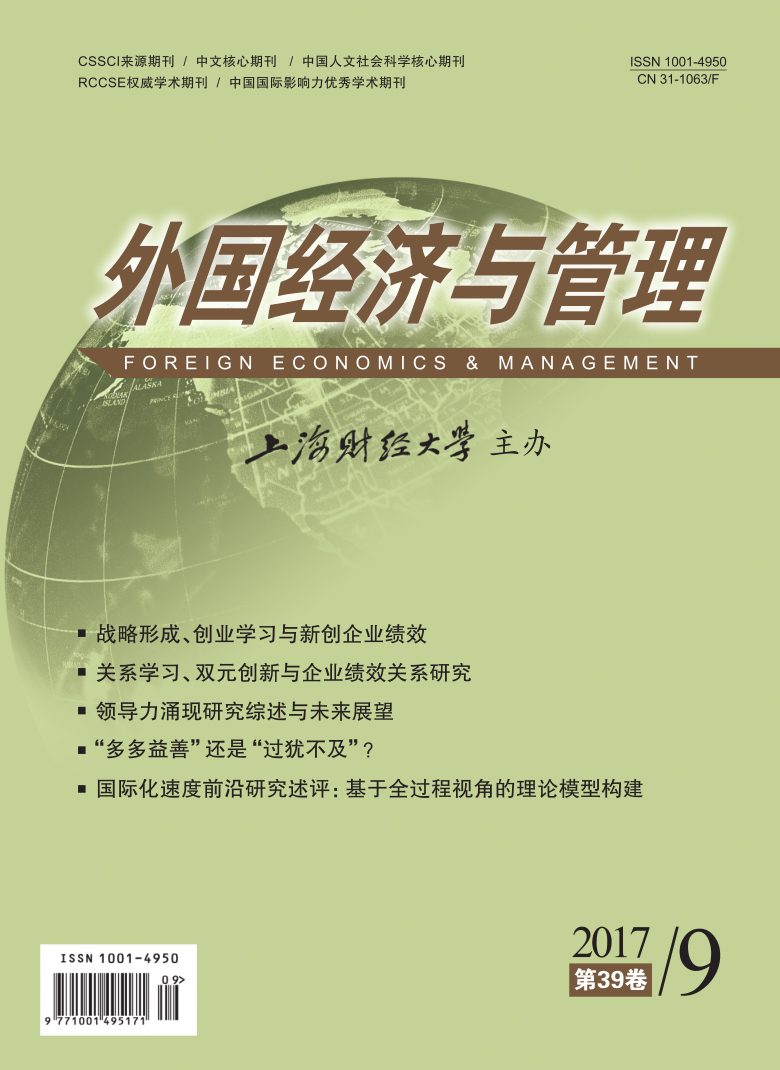Traditional marketing argues that the choice of commodities should be the more, the better, and diversified commodities can attract consumers and lead to the rise in market share. But the behavioral decision scholars find that when the number of goods reaches a certain level, consumers can experience more difficulty in choice, and then delay consumption decisions, even do not make decisions, thereby resulting in the reduction in satisfaction and the increase in regret, namely the effect of choice overload. Researchers argue that the cognitive factor leading to choice overload is cognitive depletion and emotional factors are negative emotions caused by excessive options; some researches show that the effect of choice overload is affected by boundary conditions like choice set feature and individual differences in consumers. This paper makes a literature review of the effect of choice overload, discusses the antecedents and possible outcomes of choice overload and its practice enlightenment for commodity marketing, and points out future directions in choice overload research.
 / Journals / Foreign Economics & Management
/ Journals / Foreign Economics & ManagementForeign Economics & Management
JIN Yuying, Editor-in-Chief
ZhengChunrong, Vice Executive Editor-in-Chief
YinHuifang HeXiaogang LiuJianguo, Vice Editor-in-Chief
The More, the Better or Going Too Far is as Bad as Not Going Far Enough? A Literature Review of Choice Overload and Consumer Decision-making Behavior
Foreign Economics & Management Vol. 39, Issue 09, pp. 70 - 82 (2017) DOI:10.16538/j.cnki.fem.2017.09.006
Abstract
References
Abstract
Cite this article
Liu Nan, Li Aimei, Ding Hao, et al. The More, the Better or Going Too Far is as Bad as Not Going Far Enough? A Literature Review of Choice Overload and Consumer Decision-making Behavior[J]. Foreign Economics & Management, 2017, 39(9): 70–82.
Export Citations as:
For
ISSUE COVER
RELATED ARTICLES





 11435
11435  12786
12786

